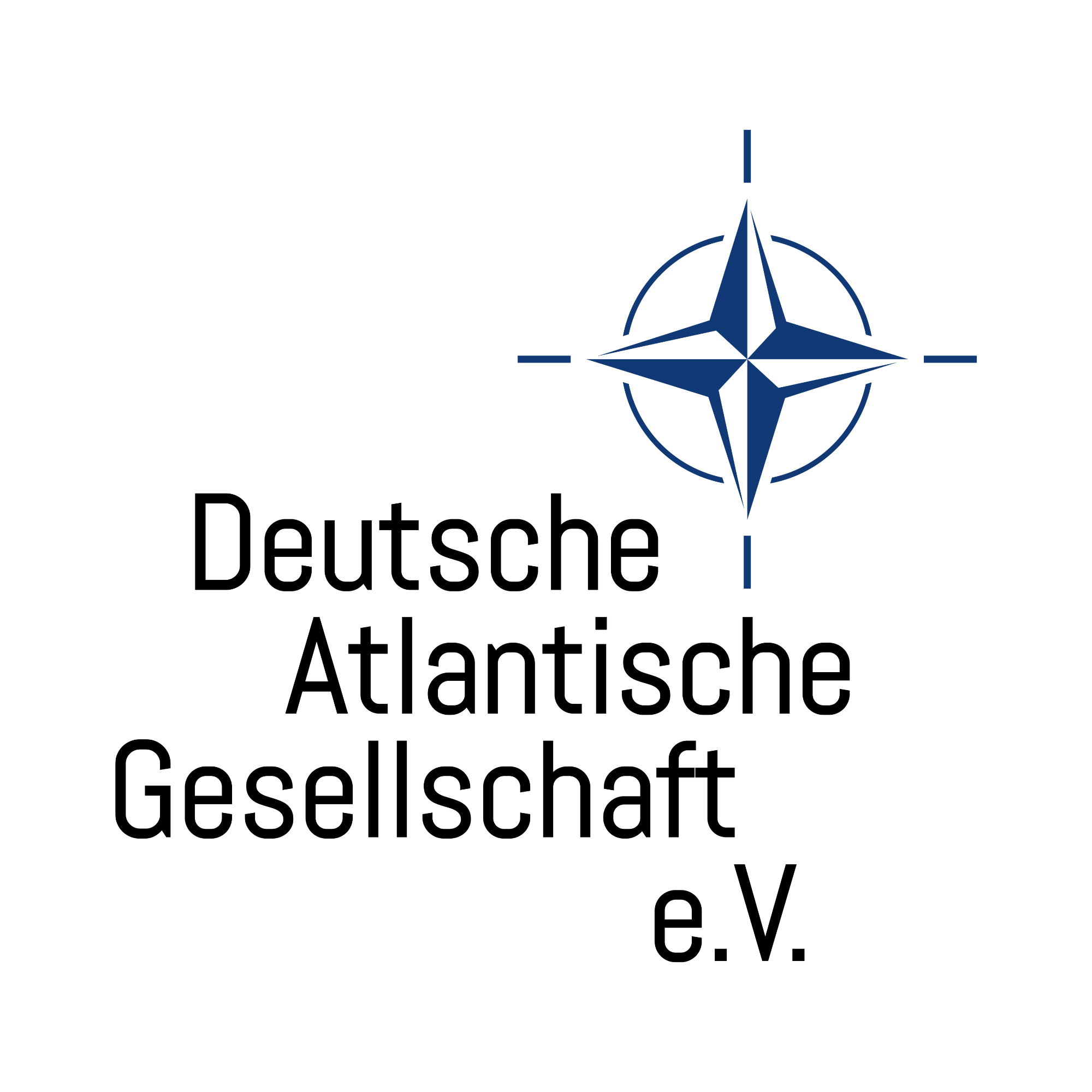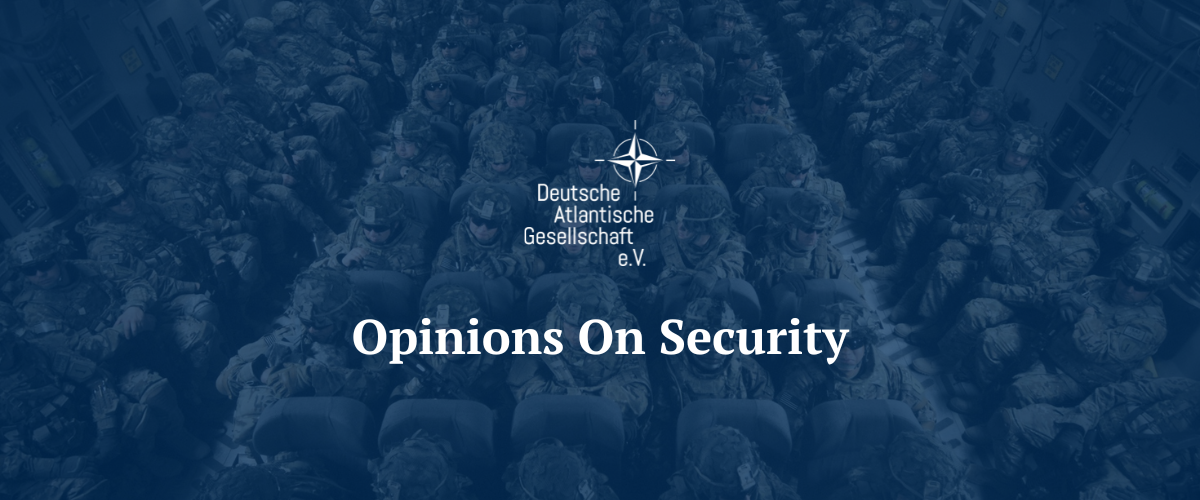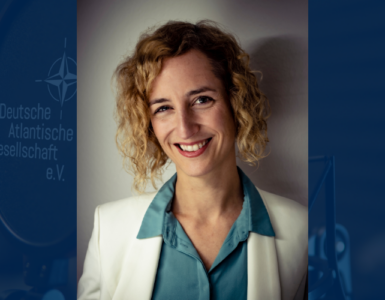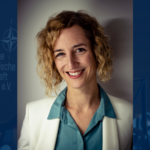Following the Paris Conference in support of Ukraine on 26 February, we witnessed yet another lost opportunity for European leaders to communicate coherently. Once again President Macron seems to have taken partners by surprise and upset many of them. During a press conference, Macron said that no option should be ruled out, including the deployment of troops to Ukraine. This led to harsh criticism by many allies. German Chancellor Scholz felt the need to heavily insist that “no German, European or NATO troops” be sent to Ukraine. However, he himself had just strongly irritated Paris and London – to put it mildly – with his stubborn refusal to deliver Taurus long-range cruise missiles and the implication that British and French units were present in Ukraine.
Not only does this European cacophony show increased tensions and lack of unity, especially between Berlin and Paris, but it also overshadows the success of the Conference and the expected wake up call effect. More importantly, this disastrous communication does not help Ukraine. It only benefits Russia.
A successful conference overshadowed by a(nother) useless dispute
During the Paris Conference, political leaders from 27 countries gathered to discuss ways to improve, strengthen and better coordinate support to Ukraine in a particularly difficult context for the Ukrainian armed forces. As an outcome, all 27 agreed that Russia has now adopted an even more robust posture and actively tries to destabilize European countries with an increased number of cyberattacks, information manipulation campaigns and other hybrid attacks. For the first time since 2014, a strategic convergence seems to show, potentially paving the way for a common European strategic position on Russia.
All 27 also agreed to increase their support to Ukraine in five key areas: cyber defence, co-production of arms in Ukraine, defence of countries directly threatened by the Russian offensive in Ukraine (Moldova being explicitly mentioned), support on the border with Belarus with non-military forces and demining.
The establishment of a new capability coalition in the area of deep strike capabilities (middle and long-range missiles) was also unanimously decided. This would allow the Ukrainian armed forces to increase the number of strategic strikes against Russian targets (logistic hubs, Command centres, oil refineries…) behind the frontline, thus decreasing the pressure on themselves.
However, what could have been a demonstration of European solidarity and readiness to take on a greater leadership in a moment of doubt concerning Washington’s long-term support for Ukraine ended up being a demonstration of European disunity.
What did Macron say, not say and mean?
To analyse Macron’s statement, it is important to have a close look at his exact words. In response to a journalist’s question, the French President said that the possibility of sending troops to Ukraine had been discussed among the leaders present at the Paris Conference and that no consensus had been reached. He added, however, that no option should be ruled out, also insisting on the need for “strategic ambiguity” towards Russia. He also insisted that “we are not at war with Russia, but Russia must not win the war”.
Macron did not say that French, European or NATO troops would be sent to the frontline or that France actually supported this idea.
The following day, French foreign and defence ministers clarified Macron’s statement: French or European units could be deployed for specific non-combat activities such as cyberdefence, demining or co-production of arms in Ukraine, activities which were agreed upon by the 27.
Panic reaction by many Allies
Despite this clarification, this statement was met with harsh criticism by many Allies including the US, the UK and Germany. Chancellor Scholz made it clear that no German, European or NATO soldiers would step foot in Ukraine (thereby exceeding his mandate insofar as he is not entitled to speak on behalf of any of the two organizations). Macron’s words were on the other hand welcomed by Estonia, Lithuania and the Czech Republic, while the Dutch Chief of Defence said that all options should be kept open but that it was “not yet opportune” for the Netherlands to talk about sending soldiers to Ukraine.
The fear of direct confrontation with Russia leads to collective inhibition. Political leaders tend to primarily address their own public opinions before thinking of strategic signalling toward both allies and opponents. Their priority in this context is to try to reassure their population. Paradoxically the same leaders try to prepare their population for such a confrontation in the upcoming years. German federal minister of Defence Pistorius thus warned against a possible direct confrontation with Russia within five to eight years.
It is not the first time Macron makes a strong, “disruptive” statement, well aware of the reactions it will trigger. His statements on Taiwan after his visit to China followed the same logic and led to similar reactions. Even though he is right in addressing important matters, the way he does it tends to irritate his partners. The form of his speech detracts from the substance, ultimately overshadowing it, and leads to a misunderstanding. Macron’s statements often reflect a long-term vision (European strategic autonomy) or ideas and scenarios for the near or more distant future (deploying forces to Ukraine). But the perception of France’s allies and partners is often that the proposed actions announced by Paris are imminent, causing a rejection-reflex. While Macron’s conceptual/rational arguments often contribute to the debate in important ways, his statements also often provoke epidermal reactions among the allies, who reveive his arguments on an emotional level.
Strategic Ambiguity matters
A war is a dynamic activity which requires permanent adaptation to the situation on the field. Thus, nothing should indeed be excluded per se, at least not officially. Stating what one is not able or willing to do has a negative effect in two ways: it demonstrates weakness, which benefits the opponent. It also gives the opponent greater leverage. In September 1961, only weeks before the Berlin crisis, President de Gaulle called on the West to stay firm and not exclude using force to resist the Soviet threat: “Any prior retreat by the West would serve only to weaken and divide it, and would not prevent a threat from ambitious imperialism reaching a certain point. Any retreat has the effect of overexciting the adversary, redoubling his pressure and it ultimately hastens his assault.” These words are still as relevant today as they were in 1961.
By explicitly stating what one is not prepared to do, one also runs the risk of being eventually contradicted by the facts. This has been the case several times already since February 2022. As Macron rightfully recalled, many allies have already crossed their own “red lines” to deliver modern systems, like combat tanks or missiles, to Ukraine.
Such panic reflex reactions by Chancellor Scholz and others are actually more escalatory than Macron’s statement. First, they give Moscow the monopoly of escalation: only Russia decides what is escalatory or not, what the “red lines” are. In fact, many Russian red lines have already been crossed without any of the announced “consequences greater than any faced in history”, as Putin put it on 24 February 2022. This shows that Russian escalation works and will face no greater opposition and thus almost incites Russia to continue its ruthless full-scale invasion of Ukraine and to keep testing our own limits.
The prompt international reactions annihilate the signalling effect vis-à-vis Russia. They undermine a strong message of solidarity to Ukraine and show fear of potential Russian reactions. To emerge from ambiguity can only be to one’s own detriment, as a French saying has it. Emerging from strategic ambiguity even more. Self-inhibition has never been a recipe for effective deterrence. On the other hand strategic ambiguity, a strong posture, showing determination, resolve and strength do have a deterrent effect. Paradoxically, the best way not to have to send troops to Ukraine is to make Russia believe that we might do just that.
Germany has upset its two closest European partners
President Macron wasn’t the only political leader to cause trouble in European chancelleries. Chancellor Scholz upset Paris and London when he refused to deliver the long-awaited Taurus missiles to Kyiv. This would, according to him, make Germany an active participant in the war, because German operators would be involved in programming the weapons. He added that “what the British and French are doing in terms of target control and support for target control [for the Storm Shadow and SCALP missiles] cannot be done by Germany”. Thus, Scholz practically implied that the UK and France had operators in the field, which, according to him, makes them cobelligerents!
Unsurprisingly, both Paris and London were very irritated. Tobias Ellwood, the former chairman of the British Commons Defence Committee, reacted firmly to the statement, accusing the Chancellor of a “flagrant abuse of intelligence”, while former Defence Secretary Ben Wallace criticized Scholz even more vehemently, suggesting that his statement was “not only a dangerous use of facts but also often wrong facts”. Indeed, the recently leaked conversation between high-ranked German generals suggests that sending Bundeswehr operators to the field for target control purposes is actually not required, raising questions about the real reasons for the Chancellor’s refusal.
What is certain is that the Chancellor’s statements seem to only benefit the Kremlin’s narrative that NATO is fighting Russia.
The way ahead
These two episodes are only the latest demonstration of increased tensions between Berlin and Paris, especially regarding security policy. They also underline, if needed, the lack of leadership of the Franco-German tandem. In times of crises, both countries traditionally try to coordinate and find a suitable compromise for all EU Member States. However, since 24 February 2022, they have not been able – or willing – to do so. Macron’s sarcastic criticism toward Germany, “who at the beginning of the war offered sleeping bags and helmets”, does not help. Neither does Scholz’ disavowal of the French President.
Franco-German leadership is critical, especially regarding the context of a potential U.S. disengagement. At this stage, there is no credible alternative to it in Europe. But much depends on the personal relationship between the French president, who makes full use of his “domaine réservé” (the presidential primacy in international and defence policy issues), and the German Chancellor, who has seized more prerogatives in the field of defence and security than his predecessors.
Therefore, it is vital that both leaders overcome their respective enmities and start pulling in the same direction so that the Franco-German tandem becomes a driving force again in Europe. They must rediscover a spirit of compromise (the spirit of Aachen), which makes the tandem strong and efficient. And they must do it quickly!



















